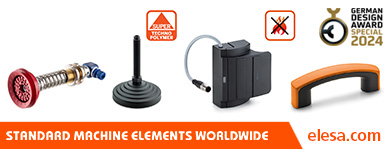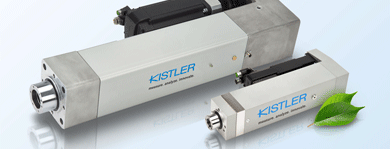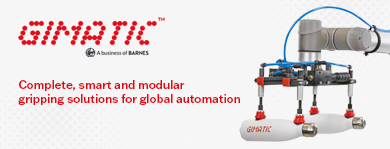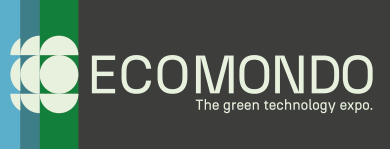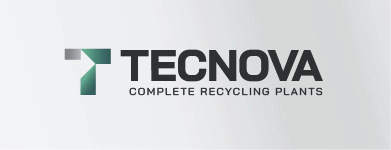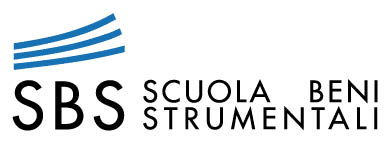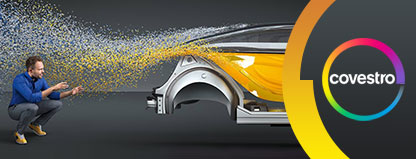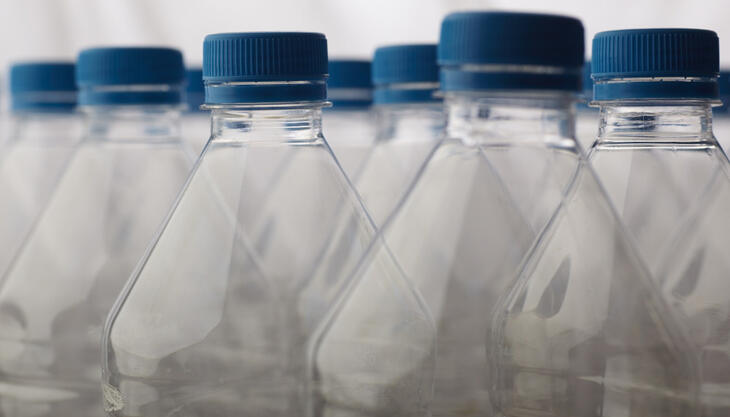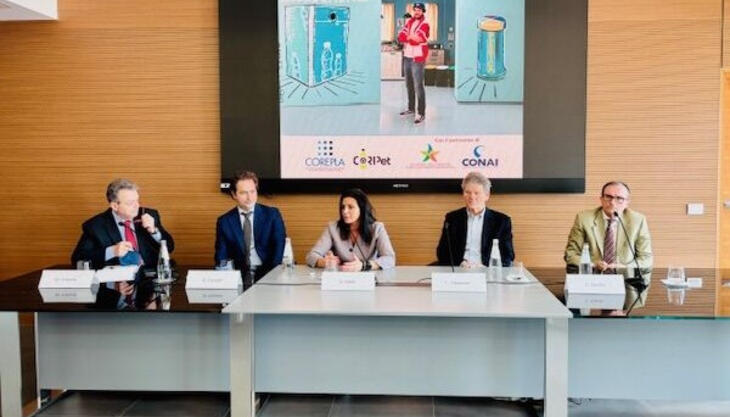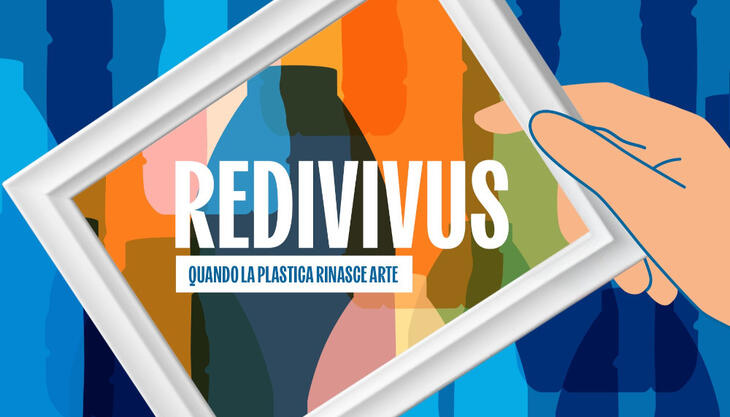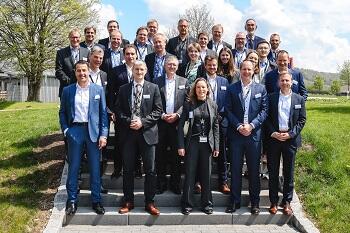
R-Cycle starts into a new phase as an open community. The first official general assembly was held on May 3, 2022. at R-Cycle member Multivac's corporate site in Wolfertschwenden, Germany. R-Cycle was founded in 2020 as an initiative of various technology companies and organizations along the entire life cycle of plastic packaging with the aim of establishing a digital traceability standard in the market for plastic packaging via digital product passports. This prepares the technical basis for more precise waste sorting and higher-quality recycling to drive an effective circular economy.
"Now that the development and testing of the technical infrastructure has been successfully completed in spring 2022, the rollout is taking place. From now on, R-Cycle is accessible as an open community for all companies, institutions and stakeholders that have a legitimate interest in the field of circular economy for plastic packaging and want to use, support or further develop R-Cycle themselves", Benedikt Brenken (picture below), Director of the R-Cycle Community, explained.
Right at the start of the community, the circle has grown by six more companies to now a total of 19 members. The community offers access to a broad network of application-experienced partners and know-how in digitalization and sustainability. In addition to the general assembly at management level, the exchange takes place via specialized working groups that deal specifically with the various application areas of digital product passports. The R-Cycle platform can be networked with all common software systems as well as a wide variety of production equipment - from film or injection moulding machines to processing, printing and filling machines to waste sorting and recycling systems. The traceability technology behind R-Cycle is based on GS1 standards - the leading global network for cross-industry process development and a founding member of R-Cycle.
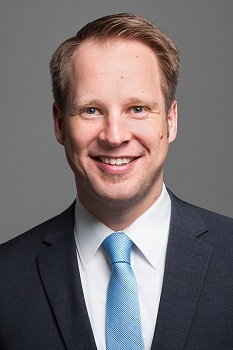 By providing a digital product passport, all recycling-relevant data is automatically recorded during the production of plastic packaging and made retrievable via suitable markings (e.g. digital watermarks or QR codes) on intermediate and end products. This allows waste sorting facilities to accurately identify packaging and form recycling-friendly and single-variety fractions. In addition to improving product sustainability, manufacturers and processors of plastic packaging also benefit in terms of process efficiency, quality and compliance with legal information requirements.
By providing a digital product passport, all recycling-relevant data is automatically recorded during the production of plastic packaging and made retrievable via suitable markings (e.g. digital watermarks or QR codes) on intermediate and end products. This allows waste sorting facilities to accurately identify packaging and form recycling-friendly and single-variety fractions. In addition to improving product sustainability, manufacturers and processors of plastic packaging also benefit in terms of process efficiency, quality and compliance with legal information requirements.
"R-Cycle is not a concept, but a proven solution that we are now bringing to market together from our strong community. The first general assembly has already shown how much innovative spirit our members bring to the table to leverage the potential of digital product passports for plastic products as part of an efficient circular economy", Brenken added.







